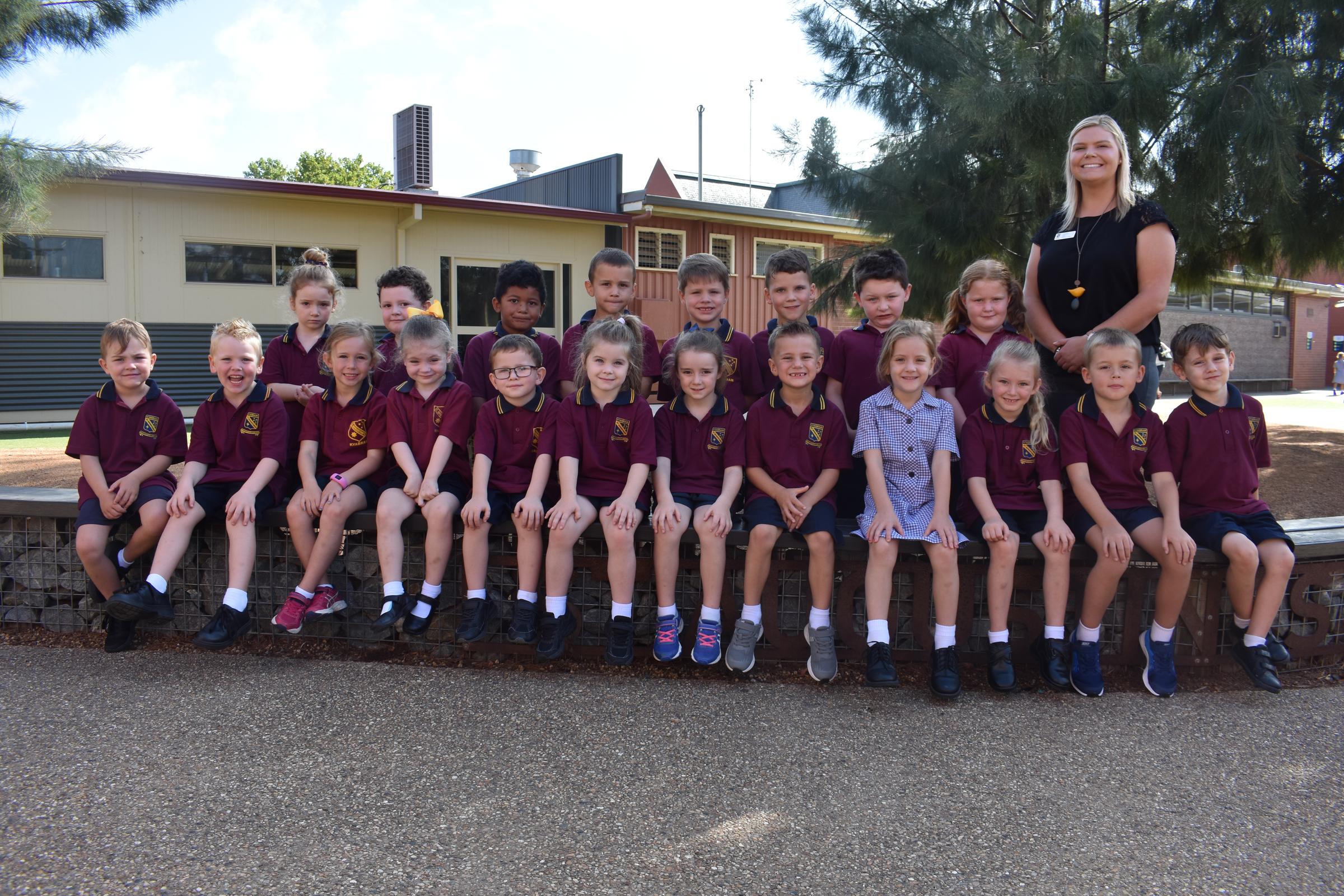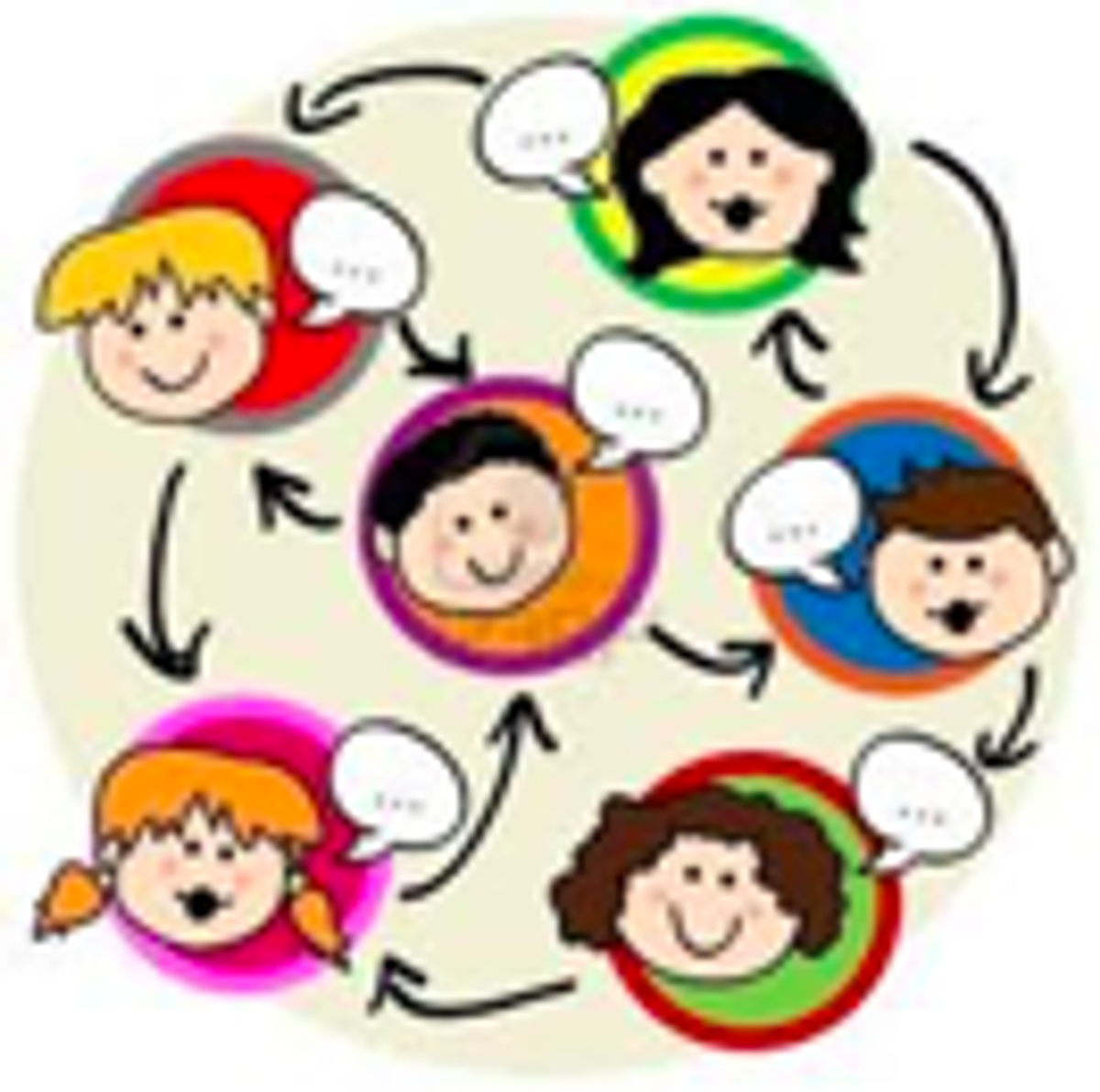F-4 Community News

Children's Chatter Matters
To best prepare our children for the language and learning demands of the school environment, they need ample time and opportunity to engage in meaningful interactions with their family.
Research suggests that the types of questions we ask and the quality of discussions we have with our children (at any age) are linked to school success. As children progress through the grades they must learn to use extended discourse in telling stories, giving explanations, reporting, expressing an opinion or writing an essay. Asking children “if, why and how” type questions allows them to deepen their thinking and prepare longer and more complex responses. It makes sense to build their confidence with extended discourse gradually, beginning with simple oral tasks.
Our school’s Speech Pathologist has provided many 'family friendly', fun oral language tasks aimed to enhance learning and literacy skills. You’ll find these in our fortnightly newsletters so look out for them!
We encourage you to set some time aside each week so that you can get the most out of your interactions with your child. In a busy household, sometimes the car is the best place for these focused activities. The key ingredients for a creative interaction are a time, a place, a willing talking partner or audience and an engaging topic or activity.
If your child is reading a particular book at home or in class, try to incorporate words or ideas from that text into your activity. For example; if you are building your child’s use of describing words, select a character from your child’s reader to describe. Encourage increasingly expensive words such as the beautiful, gorgeous, stunning and breath-taking princess.
Positive communication experiences at home help children feel accepted and valued. Growth in spoken language skills will build children’s self-confidence and help them learn to negotiate social interactions at school. This often transfers to other aspects of their learning and life.
Ten activities will be provided each term focusing on key areas of oral language supporting literacy, learning and socialising. Feel free to adjust these activities according to your child’s year level.
The following link is to the most comprehensive website available that provides parents with activities that are free, easily accessible and enjoyable. Each activity has been carefully selected to reflect the highest quality, up-to-date research evidence on early literacy development. There is also advice for parents who are concerned about their child’s reading and language development.
http://www.fivefromfive.org.au/parent-resources/
If you have any questions you can contact the Speech Pathologist through Selga Langley at school .
Good luck and most importantly, enjoy this very special time with your child.
Term 1: Phonological Awareness Activities
Activity 5: Rhyme
Identification
Read books with rhymes. Books by Dr Seuss and Pamela Allen are a hit with many children.
Try The Cat in the Hat or Doodledum Dancing.
Ask the child to identify the rhyming words on each page. You may need to provide one word and ask them to find the rhyme.
Production: Rhyming List
Take turns to come up with words that rhyme. See how long you can make your list of rhyming words.
For example, words that rhyme with ‘car’: bar, far, jar, pa, tar, star, grandma...
You could also play ‘I spy’ with rhyming words: Identify an object in the room and say I spy with my little eye something that rhymes with ...
Activity 6: First Sound Awareness
The First Sound Shop
Set up a shop that sells only things that start with a particular sound. For example: The Mmmm shop sells milk, mice, marbles, marshmallows, mushrooms, matches, monkeys, mugs, mops and maps. Children brainstorm other items and may be encouraged to bring from home items that could be displayed. Try this with other sounds: E.g. b (balls, butter, bags, beetroots etc), or s (sandwiches, soup, sardines, socks etc).

